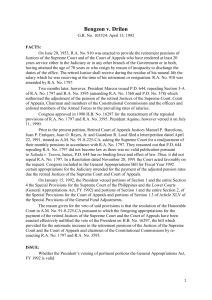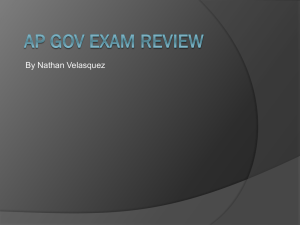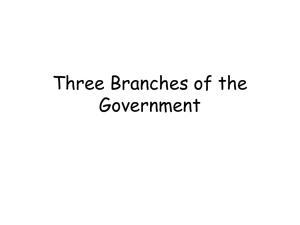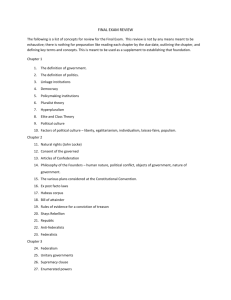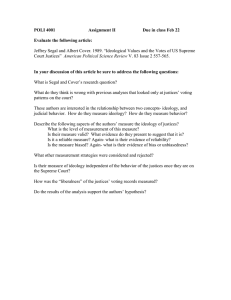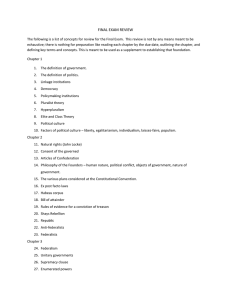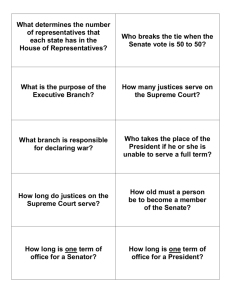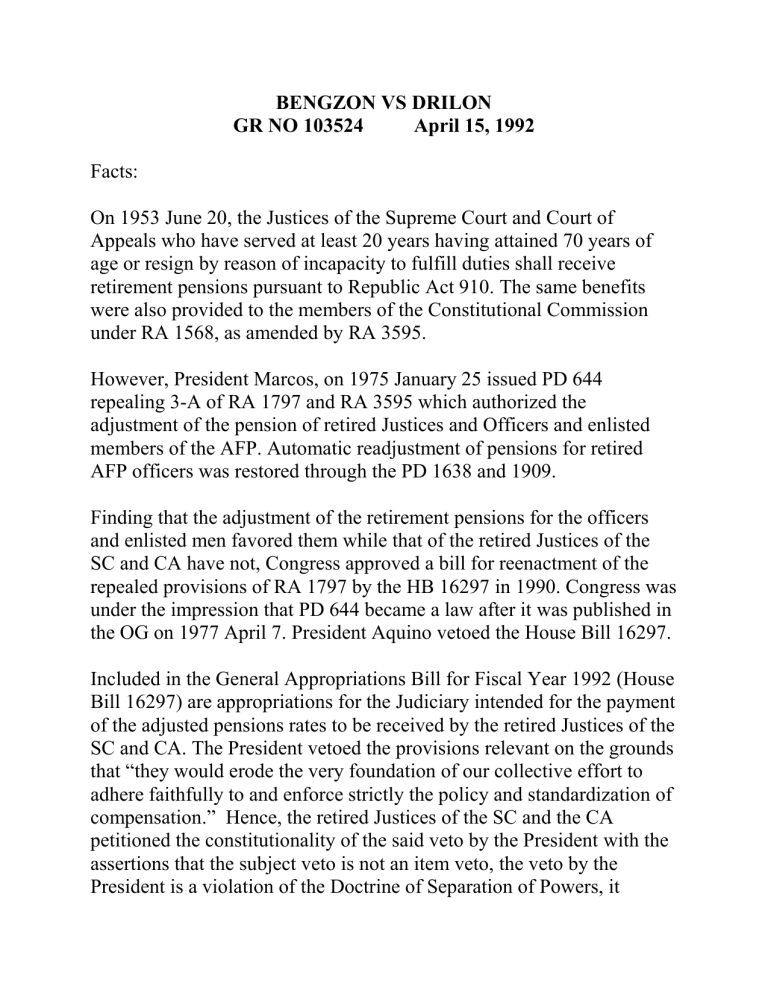
BENGZON VS DRILON GR NO 103524 April 15, 1992 Facts: On 1953 June 20, the Justices of the Supreme Court and Court of Appeals who have served at least 20 years having attained 70 years of age or resign by reason of incapacity to fulfill duties shall receive retirement pensions pursuant to Republic Act 910. The same benefits were also provided to the members of the Constitutional Commission under RA 1568, as amended by RA 3595. However, President Marcos, on 1975 January 25 issued PD 644 repealing 3-A of RA 1797 and RA 3595 which authorized the adjustment of the pension of retired Justices and Officers and enlisted members of the AFP. Automatic readjustment of pensions for retired AFP officers was restored through the PD 1638 and 1909. Finding that the adjustment of the retirement pensions for the officers and enlisted men favored them while that of the retired Justices of the SC and CA have not, Congress approved a bill for reenactment of the repealed provisions of RA 1797 by the HB 16297 in 1990. Congress was under the impression that PD 644 became a law after it was published in the OG on 1977 April 7. President Aquino vetoed the House Bill 16297. Included in the General Appropriations Bill for Fiscal Year 1992 (House Bill 16297) are appropriations for the Judiciary intended for the payment of the adjusted pensions rates to be received by the retired Justices of the SC and CA. The President vetoed the provisions relevant on the grounds that “they would erode the very foundation of our collective effort to adhere faithfully to and enforce strictly the policy and standardization of compensation.” Hence, the retired Justices of the SC and the CA petitioned the constitutionality of the said veto by the President with the assertions that the subject veto is not an item veto, the veto by the President is a violation of the Doctrine of Separation of Powers, it deprives the rights of the Justices to be pensioned, and it impairs the Fiscal Autonomy guaranteed by the Constitution. Issue: W/n the veto exercised by the President on selected provisions in the General Appropriations Act for the Fiscal Year 1992 concerning the adjusted pensions for retired Justices in the SC and CA is constitutional RULING: The SC, speaking through Justice Guiterrez Jr., declared the veto unconstitutional. Following the Doctrine of Separation of Powers, each branch of the government has exclusive cognizance of matters within its jurisdiction, and is supreme within its own sphere. Included in the Executive’s constitutionally vested power is the power to veto, which is not absolute for the President must do so in its entirety or not at all. In the case at bar, when the President vetoed some provisions of the 1992 General Appropriations Act, she was actually vetoing Republic Act 1797 which is beyond her power to accomplish since P.D. 644 never became a valid law, placing the former effective up to the present. Sec. 3, Art. VIII provides the fiscal autonomy provided for the Judiciary which means freedom from outside control. It is a guarantee given by the Constitution to the Judiciary, the Civil Service Commission, the Commission on Audit, Commission on Elections, and the Office of the Ombudsman in allocating and utilizing resources. To impose restrictions similar to the veto on certain provisions is equivalent to dictating how the Judiciary should utilize its funds would construe a conflict with the Fiscal Autonomy. The retired Justices, pursuant to RA 1797, are entitled to be pensioned. The purpose of the retirement laws is to encourage competent men and women to enter the government service. There should be no favored misimpression specially on the fact that the Armed Forces officers and enlisted men are tens of thousands in number compared to the Justices. Where a judge has complied with the statutory requisite for retirement with pay, his rights to retire and draw salary becomes vested and may not thereafter be revoked or impaired.
